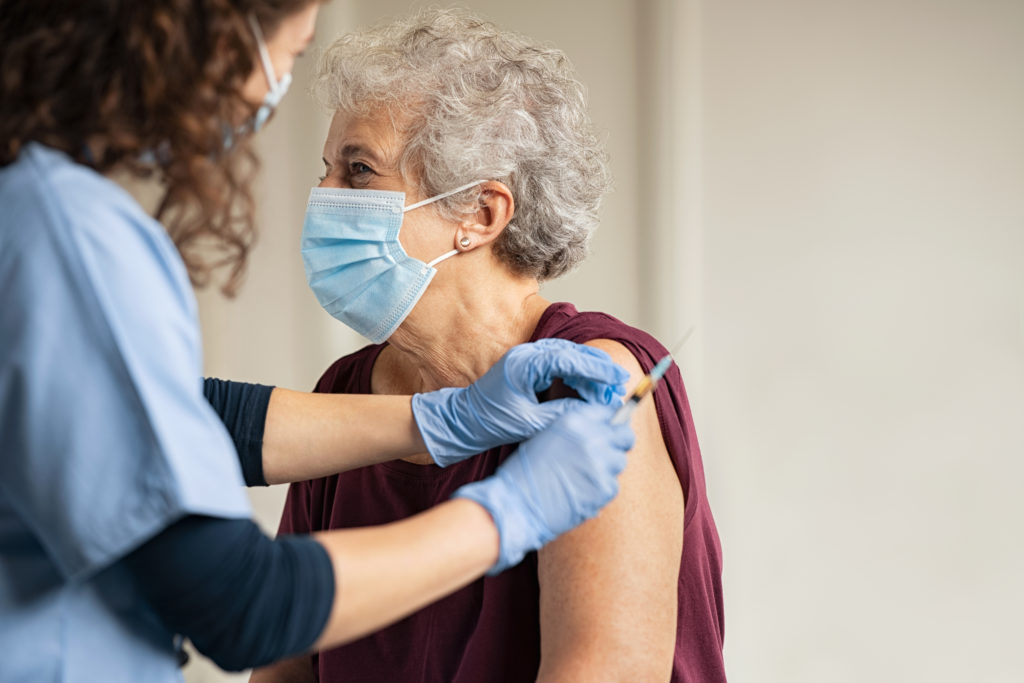It was March 6, 2020 when Indiana had its first confirmed case of COVID-19. The Governor and other state health officials immediately addressed Hoosiers on the outbreak that was quickly making its way to Indiana. Little did everyone know; this year long marathon had just begun.
Health care employees immediately went to work treating thousands of confirmed cases, while still learning day-to-day about this new, quickly spreading virus. In the beginning, one of the main tasks at hand was to expand intensive care units and gain access to more ventilators to treat those with severe cases. COVID-19 is a new virus that no one had seen before. Many rural hospitals nationwide had to close their doors due to the cancelation of elective surgeries. Thankfully, no hospitals were closed in Indiana during this challenging time.
We need to make sure we don’t forget the lessons learned. If we stay committed to that, we can get ahead of this virus and hopefully put it behind us.”
Brian Tabor, PRESIDENT – INDIANA HOSPITAL ASSOCIATION
Indiana is now in a pivotal moment. In the last 24 hours, many states have begun moving away from mask mandates. However, this could derail the progress made battling this highly contagious virus. Health care officials say new variants of the virus have emerged, some that are more contagious than others. Hoosiers are still encouraged to “mask up” especially now that more public facilities are opening.

Indiana’s hospitals and frontline workers have done a fantastic job vaccinating Hoosiers. The state now has over 1 million of its residents vaccinated as eligibility keeps expanding. From the beginning of this outbreak to now, healthcare employees have worked tirelessly to treat and adapt to this ever-changing virus. The year 2020 was a year of learning, and healthcare officials hope to learn more about COVID-19 as we continue to treat and vaccinate Hoosiers. The good news: Indiana’s hospitalization rate is at its lowest point since July, and we are expanding eligibility for the vaccine at an accelerated pace compared to many of our neighboring states. Brian Tabor, President of the Indiana Hospital Association, says he’s proud of the work from all the healthcare providers. “We need to make sure we don’t forget the lessons learned,” Tabor said. “If we stay committed to that, we can get ahead of this virus and hopefully put it behind us.”

